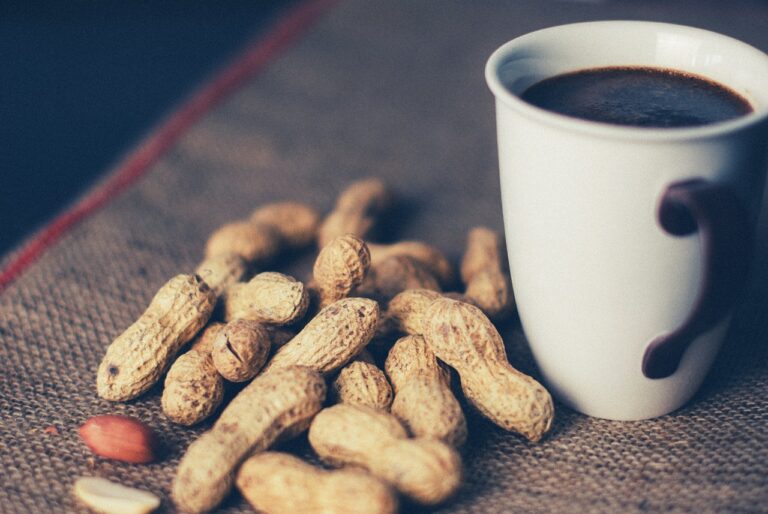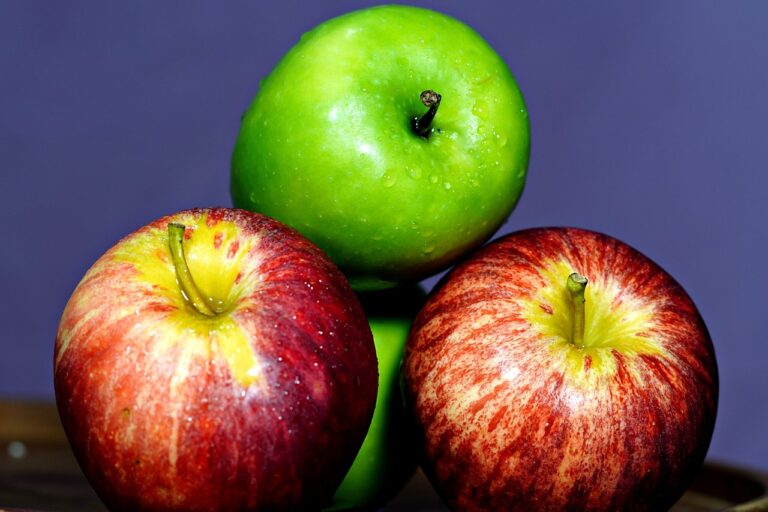How Technology is Revolutionizing the Food Industry
Technological advancements have revolutionized the field of agriculture in recent years. With the introduction of precision farming techniques, farmers can now optimize their resources more effectively. Drones equipped with advanced sensors allow for real-time monitoring of crop health and can help identify areas that require immediate attention. This not only boosts productivity but also minimizes the use of fertilizers and pesticides, thus promoting sustainable agricultural practices.
Moreover, the integration of artificial intelligence and data analytics has further streamlined agricultural operations. Farmers can now make data-driven decisions regarding planting schedules, irrigation practices, and crop management. By harnessing the power of predictive analytics, they can anticipate potential issues and take proactive measures to mitigate risks. This level of efficiency and foresight has significantly enhanced overall crop yields and profitability for farmers around the globe.
Improving Food Production Efficiency through Automation
Automation in food production is revolutionizing the industry by streamlining processes and increasing efficiency. From planting and harvesting crops to packaging and distribution, automated systems are transforming the way food is produced. By utilizing robotics, sensors, and artificial intelligence, farmers can maximize their output while minimizing manual labor.
One of the key benefits of automation in food production is the ability to optimize resources such as water, fertilizers, and pesticides. Automated systems can precisely monitor and adjust the use of these resources based on real-time data, reducing waste and environmental impact. Additionally, automation can help farmers manage large-scale operations more effectively, ensuring that each step of the production process is carried out with precision and consistency.
Enhancing Food Safety with Blockchain Technology
Blockchain technology has emerged as a promising tool in the realm of enhancing food safety. By providing a transparent and immutable ledger of transactions, blockchain can effectively trace the journey of food products from farm to table. This technology improves accountability throughout the supply chain, allowing for quicker identification of issues such as contamination or spoilage.
Additionally, blockchain enables real-time monitoring of food transportation and storage conditions. With the implementation of Internet-of-Things (IoT) devices, data regarding temperature, humidity, and other key factors can be recorded and stored securely on the blockchain. In the event of a food safety concern, this data can be readily accessed to pinpoint the source of the problem and prevent its escalation.
What is blockchain technology?
Blockchain technology is a decentralized, distributed ledger system that securely records transactions across multiple computers in a way that is transparent and tamper-resistant.
How can blockchain technology enhance food safety?
Blockchain technology can provide a transparent and traceable record of a food product’s journey from farm to table, allowing for quick identification of any safety issues and enabling swift recalls if necessary.
How does automation improve food production efficiency?
Automation in agriculture can streamline processes such as planting, harvesting, and packaging, leading to increased productivity, reduced waste, and improved food safety practices.
What are some examples of technological advancements in agriculture?
Examples of technological advancements in agriculture include precision farming, sensor technology, drones, and Internet of Things (IoT) devices that help farmers monitor crops and manage resources more efficiently.
How can consumers benefit from the use of blockchain technology in food safety?
Consumers can have greater confidence in the safety and quality of the food they consume, as blockchain technology provides transparency and accountability throughout the supply chain.







